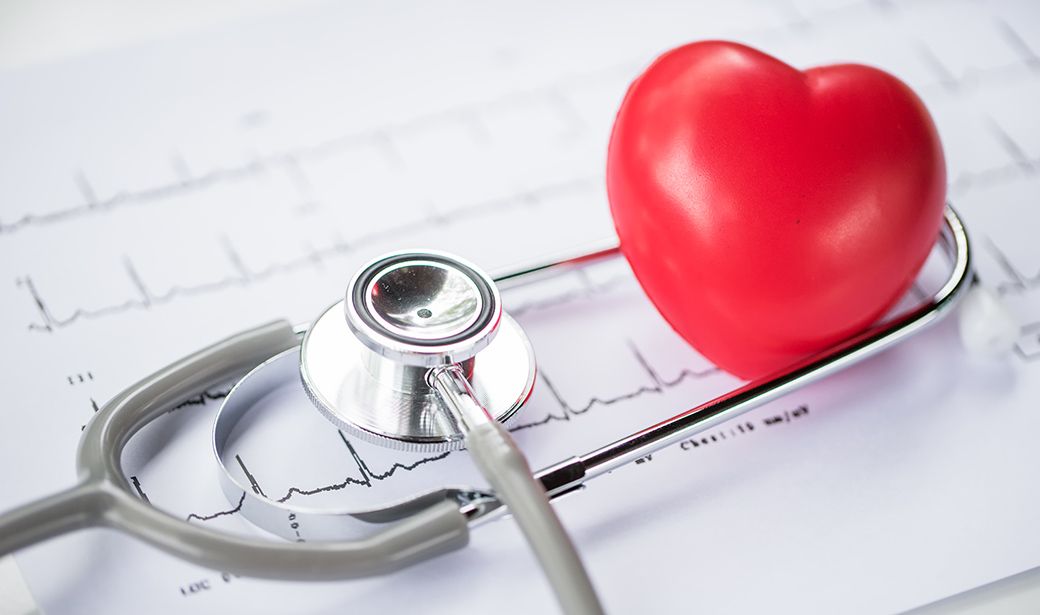GLP-1 (Glucagon-like Peptide-1) medications are a class of drugs used primarily to treat Type 2 diabetes and obesity. These medications work by mimicking the action of the natural GLP-1 hormone, which increases insulin secretion, decreases glucagon secretion, slows gastric emptying, and reduces appetite. By these mechanisms, GLP-1 medications help in lowering blood glucose levels and supporting weight loss. Examples of GLP-1 medications include Ozempic (semaglutide), Zepound, and Mounjaro (tirzepatide). A new medication, Zepbound, contains tirzepatide and has been introduced specifically for weight loss.
While these medications can be highly effective, they may cause side effects such as nausea, vomiting, and decreased appetite. Proper nutrition can help mitigate these side effects and enhance the effectiveness of GLP-1 therapy. Here’s a focus on three key areas: protein intake, hydration, and B vitamins.
- Protein intake
Protein is crucial for muscle maintenance, metabolism, and satiety. GLP-1 medications often lead to a decreased appetite, making it important for patients to prioritize protein intake to ensure they are getting enough nutrients. High-protein foods help maintain muscle mass and support recovery, especially if patients are consuming fewer calories.
Incorporate lean protein sources like chicken, fish, tofu, beans, and low-fat dairy into every meal. If solid foods are difficult to tolerate due to nausea, consider protein shakes or smoothies as an alternative. Aiming for smaller, more frequent meals can also make it easier to meet protein needs without overwhelming the digestive system. Protein helps keep you feeling full longer, which is beneficial for those using GLP-1 medications for weight management.
- Hydration
Hydration is essential for overall health, but it becomes particularly important for those taking GLP-1 medications. These drugs slow gastric emptying, which can cause a prolonged sensation of fullness and a reduced desire to drink fluids. Additionally, side effects like nausea and vomiting can contribute to dehydration, making it crucial to maintain adequate fluid intake.
Patients should aim to drink at least 8-10 cups (64-80 ounces) of water daily, though individual needs may vary based on factors like activity level and climate. Incorporating fluids in various forms such as herbal teas, broth-based soups, and water with added fruits can make it easier to stay hydrated. It’s also wise to limit caffeine and alcohol intake as they can have diuretic effects, further contributing to dehydration.
- Vitamin B
Vitamin B, particularly B12, plays an important role in energy metabolism and neurological function. Some studies have suggested that long-term use of GLP-1 medications might be associated with a risk of vitamin B12 deficiency. Symptoms of deficiency can include fatigue, weakness, and neurological issues.
Patients should monitor their vitamin B12 levels and include vitamin B-rich foods in their diet. Animal products like meat, eggs, and dairy are good sources of B12. For those on a plant-based diet, fortified foods or supplements may be necessary to meet B12 requirements. Consulting with a healthcare provider can help in determining if a B12 supplement is needed and in finding the right dosage.
Patients on GLP-1 medications like Ozempic, Zepound, Mounjaro, and the new weight loss medication Zepbound can achieve significant benefits in managing diabetes and weight. However, the impact of these medications on appetite and nutrient absorption makes nutrition guidance essential. By focusing on protein intake, ensuring proper hydration, and monitoring vitamin B levels, patients can better manage side effects and enhance the overall benefits of their treatment. Consulting a healthcare provider or dietitian for personalized advice is always recommended.
Sources:
- American Diabetes Association. “Standards of Medical Care in Diabetes.” 2022.
- National Institute of Diabetes and Digestive and Kidney Diseases (NIDDK). “Eating, Diet, and Nutrition for Diabetes.”
- Mayo Clinic. “GLP-1 receptor agonists: Is one right for you?” 2022.
- National Institutes of Health (NIH). “Vitamin B12 – Fact Sheet for Health Professionals.”
The contents of this article have been reviewed by Tiffany Rios, Registered Dietician and Certified Diabetes Educator with Shore Physicians Group’s Endocrinology office located at 18 West New York Ave in Somers Point, NJ. To schedule an in-person or virtual appointment with Tiffany Rios, call 609.365.5300.


















